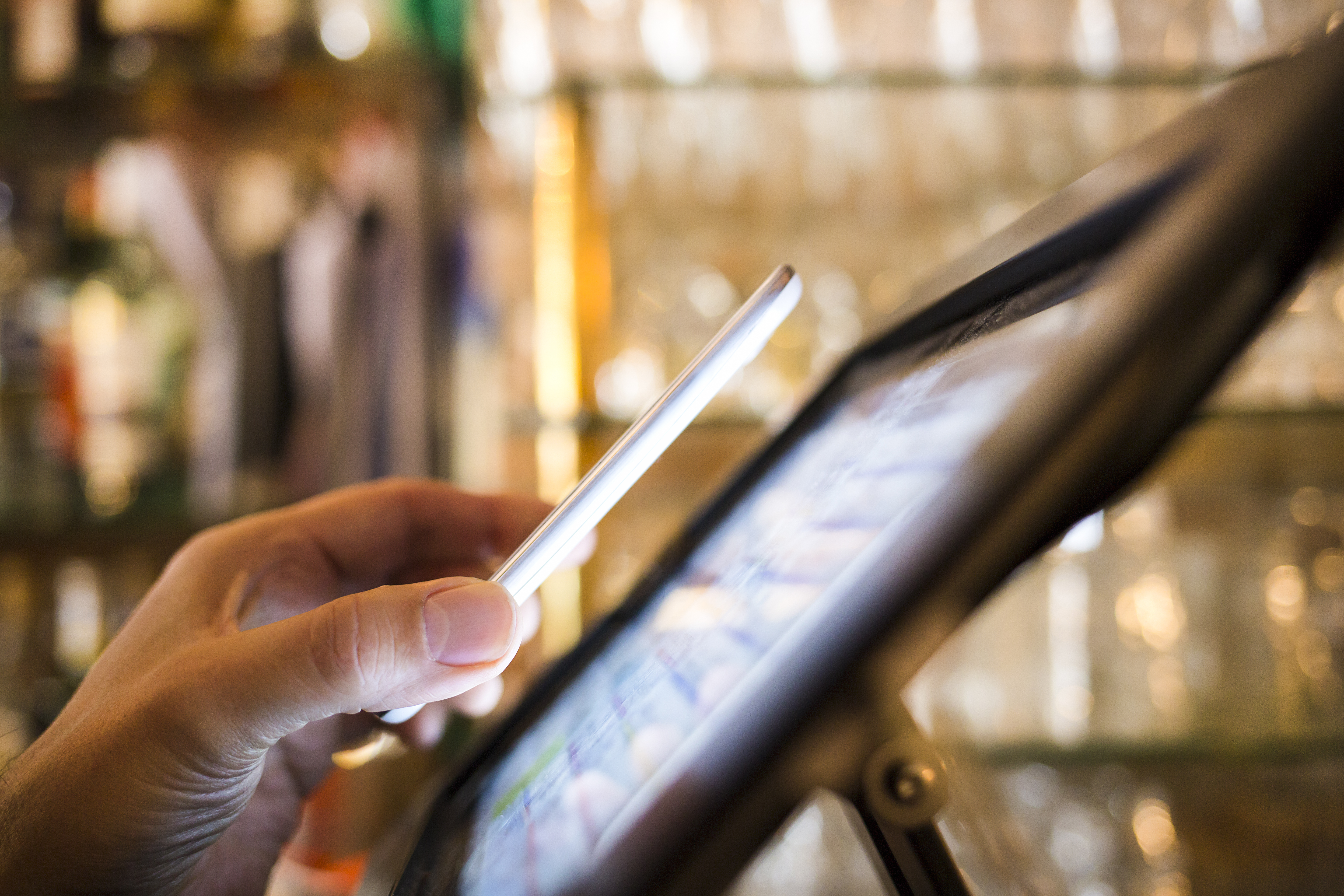When you own a business, the way in which you sell your goods and services, and how quickly you’re paid for those transactions, is key to your success.
Though mobile payments can be a simple tool to boost your operational efficiency and cash flow, the technology used remains shrouded in mystery, often misleading to consumers and merchants who use them.
Here are four common myths about mobile payments. And we give you the facts behind the confusion that surrounds this technology.
Myth #1: Mobile payments are insecure
Mobile payments allow merchants to use their smartphone or tablet as the device that facilitates payment. The mobile device’s role in the transaction is no different than that of a cash register. The security protocols for mobile payments are just as secure as those that take place on a fixed point of sale (POS) system, assuming the payment provider uses Payment Card Industry (PCI) compliance standards during transaction processing.
If you use a reputable mobile payment processor to transact, your customer’s card information is not stored in the merchant’s mobile device, or housed in its business records. If a merchant misplaces a device, the customer’s credit card number cannot be retrieved from it simply because it was recently keyed into the device to make a mobile payment.
Myth #2: The technology is still too new
Though mobile payments have recently become more widely accepted by small business owners in the last few years, contactless payments in various forms have existed for nearly a decade.
Mobile payments remain a newer technology to many consumers and business owners in the United States, yet global trends are quickly shifting toward mobile use. A recent survey of global consumers conducted by ING indicated that more than half of consumers in Turkey and Poland use mobile payments, and that those in the United States, Spain and Romania have steadily increased their adoption of the technology as well.
Myth #3: Mobile payment systems are expensive and complex
Mobile payment systems are extremely affordable for small business owners, particularly compared to wired POS terminals. Though fees vary, many mobile payment providers base costs on a percentage of the transaction amount, and will even provide the small dongle you plug into the mobile device’s headphone jack for free. By stark contrast, traditional swipe terminals can cost up to £1000.
Installing a mobile payment system into a mobile device requires little more than establishing a merchant account and downloading a payment providers’ app.
Myth#4: They’re just a form of payment
Why mess with mobile payments when you already have a point of sale terminal or are doing just fine with cash? Because they deliver far more for your business than simply incorporating one more form of payment choice.
In addition to expediting the amount of time customers must wait to pay in a checkout line, many mobile payment providers incorporate customer loyalty programmes that SMEs can easily manage and leverage as targeted promotional tools that reward customers for coming back.
If you sell at pop-up shops, festivals, remote locations or from the client’s site, mobile payments empower you to process customer payments from anywhere, regardless of whether or not the customer is carrying cash. Mobile payments can also help you better manage your cash flow. Most processors electronically transfer funds to the bank account you specify within 72 hours of transaction acceptance, and many offer the ability to accept payments in multiple currencies.
Conclusion
As consumers and business owners become increasingly reliant on mobile devices, using a phone or tablet to pay will no longer seem like a mysterious technology reserved for early adopters, or a trend that will pass as technology evolves.
Influential brands and merchants continually shift their processes to accommodate mobile payments and mobile wallets, small business owners who leverage them can realise the same operational efficiencies that major merchants incorporate into their business models to serve customers and establish a competitive advantage.
Four Business Solutions
Mobile payment technology – and all the accompanying products and services on offer – will continue to embed themselves into our personal and business lives. The continuing uptake of these new technologies is likely to be accompanied by a plethora of new logistics, legalities and contracts.
Make life easier on yourself. Consider the use of contract management software to take away some of the pain. Four Business Solutions offer Contract Insight, a solution used by many Fortune 500 companies, and one that helps with contract evaluation, negotiations and renewal.
Why not revolutionise your results while keeping abreast of technology trends by contacting John O’Brien, Director, Four Business Solutions at [email protected]?



















